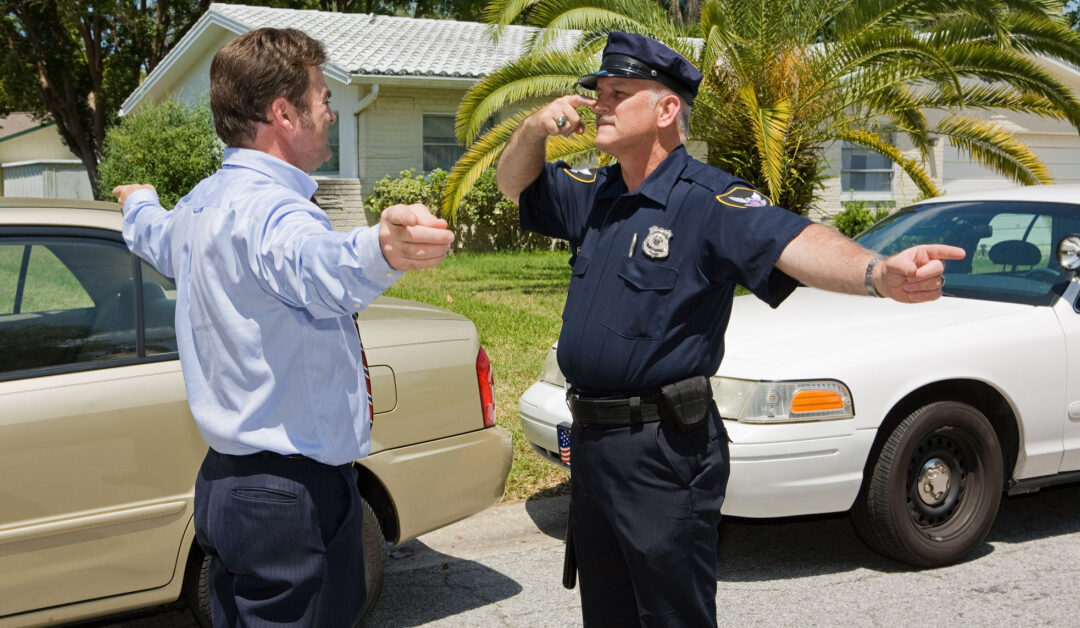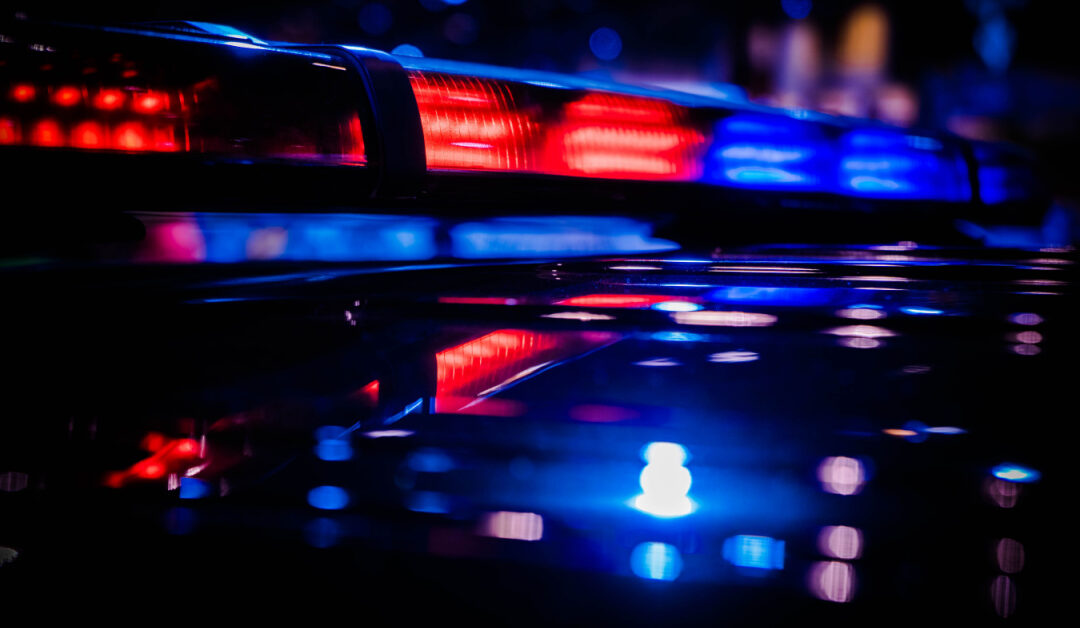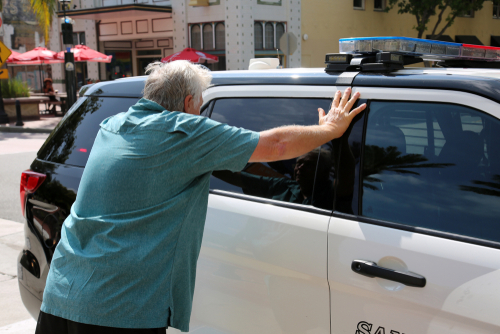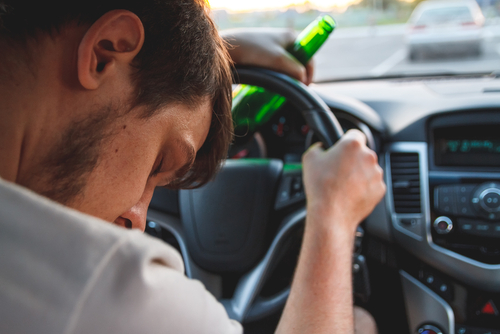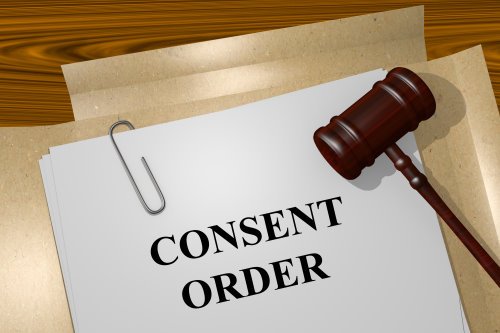
Felony DUI in South Carolina: What You Need to Know After Your Arrest
Are you facing a felony after a drunk driving arrest in South Carolina? While most DUI charges are misdemeanors in South Carolina, a DUI can be elevated to a felony in some cases. The risks of facing a felony DUI are far more severe than the risks of facing a misdemeanor DUI—though both carry the potential for fines, jail time, and other penalties.
When is a DUI a felony in South Carolina? If you are facing a felony DUI charge, what defenses can you use to protect yourself? Rock Hill DUI defense lawyer Michael Brown explains what you need to know:
Misdemeanor vs. Felony DUI in South Carolina
As we mentioned above, most DUI charges are misdemeanors in South Carolina. If the police pull you over on suspicion of driving under the influence and you get arrested, you will most likely be facing a misdemeanor charge. This is true regardless of your level of impairment.
So, when is a DUI a felony? In South Carolina, you can be charged with a felony DUI if you cause great bodily injury or death while driving under the influence. This could mean that you:
- Caused a collision with another vehicle
- Hit a motorcycle
- Hit a pedestrian or cyclist
- Caused a single-vehicle crash that seriously injured or killed your passenger
- Collided with a building injuring or killing someone inside
South Carolina law defines “great bodily injury” as, “bodily injury which creates a substantial risk of death or which causes serious, permanent disfigurement, or protracted loss or impairment of the function of any bodily member or organ.” Thus, causing a minor accident that only results in scrapes and bruises should not lead to a felony DUI charge. But, if you cause an accident that puts someone’s life at risk or that alters their life for months or years to come, you can expect to face a felony DUI charge in South Carolina.
Felony DUI Penalties in South Carolina
If you are facing a felony DUI charge, the penalties you are facing depend on the consequences of the accident that you caused (or allegedly caused). While the penalties for causing great bodily injury are much higher than the penalties for a misdemeanor DUI, the penalties for causing a fatal accident while driving under the influence are even greater:
- Felony DUI Involving Great Bodily Injury – A mandatory fine of $5,100 to $10,100 (plus thousands of dollars in assessments and surcharges) and 30 days to 15 years behind bars.
- Felony DUI Involving Death – A mandatory fine of $10,100 to $25,000 (plus thousands of dollars in assessments and surcharges) and 1 to 25 years behind bars.
A felony DUI conviction can also result in a long-term driver’s license suspension or permanent driver’s license revocation, along with other costs and penalties. If you are also being charged with an implied consent violation (for refusing the breathalyzer), endangering a child passenger, and/or other violations, you are facing additional penalties for these charges as well.
Defenses to a Felony DUI in South Carolina
If you have been arrested for causing an accident while driving under the influence in South Carolina, what defenses can you use to fight your felony DUI charge? The answer to this question depends on the facts of your case. DUI cases are always fact-specific, and understanding the facts leading up to your accident and arrest will be a key first step toward determining what defenses you have available. With this in mind, some examples of potential defenses include:
Insufficient Evidence of Impairment
One option for fighting your felony DUI charge may be to challenge the prosecution’s evidence of impairment. Even if you caused an accident, if you weren’t driving drunk, you don’t deserve to be convicted of a felony DUI.
Challenging the prosecution’s evidence of impairment could involve challenging your field sobriety test (FST) results, showing that your blood alcohol concentration (BAC) reading is unreliable, or raising questions about the prosecution’s evidence through other means. But, don’t forget that prosecutors have two ways to prove DUI in South Carolina. If your driving abilities were impaired, prosecutors don’t need your BAC. Conversely, if your BAC was over the legal limit, prosecutors don’t need evidence that your driving abilities were impaired.
You Didn’t Cause the Accident
Another way to defend against a felony DUI charge is to show that the accident wasn’t your fault. If you got hit by someone else, this shouldn’t expose you to the life-altering consequences of a felony conviction.
The Police Violated Your Constitutional Rights
You may also be able to defend against your felony DUI charge by showing that the police violated your constitutional rights. If the police arrested you without probable cause or questioned you in custody without reading your Miranda rights, this could render the prosecution’s evidence inadmissible in court.
What if you caused an accident while driving drunk, and what if the police followed all of the necessary procedures to conduct a lawful arrest? In this scenario, you could be facing an uphill battle. But, the prosecution still has the burden of proof; and, if prosecutors cannot prove your guilt beyond a reasonable doubt, you are entitled to walk free. But, this may also be a scenario in which seeking a plea bargain is the best path forward. Negotiating a favorable plea bargain can significantly reduce the consequences of your arrest when avoiding a conviction entirely is unlikely. An experienced DUI defense lawyer will be able to help you make informed decisions about how to approach your case with your long-term best interests in mind.
Schedule a Free Consultation with an Experienced Rock Hill DUI Defense Lawyer
If you need to know more about defending against a felony DUI charge in South Carolina, we encourage you to contact us promptly for a free consultation. To speak with an experienced Rock Hill DUI defense lawyer in confidence as soon as possible, call 803-328-8822 or tell us how we can contact you online today.

